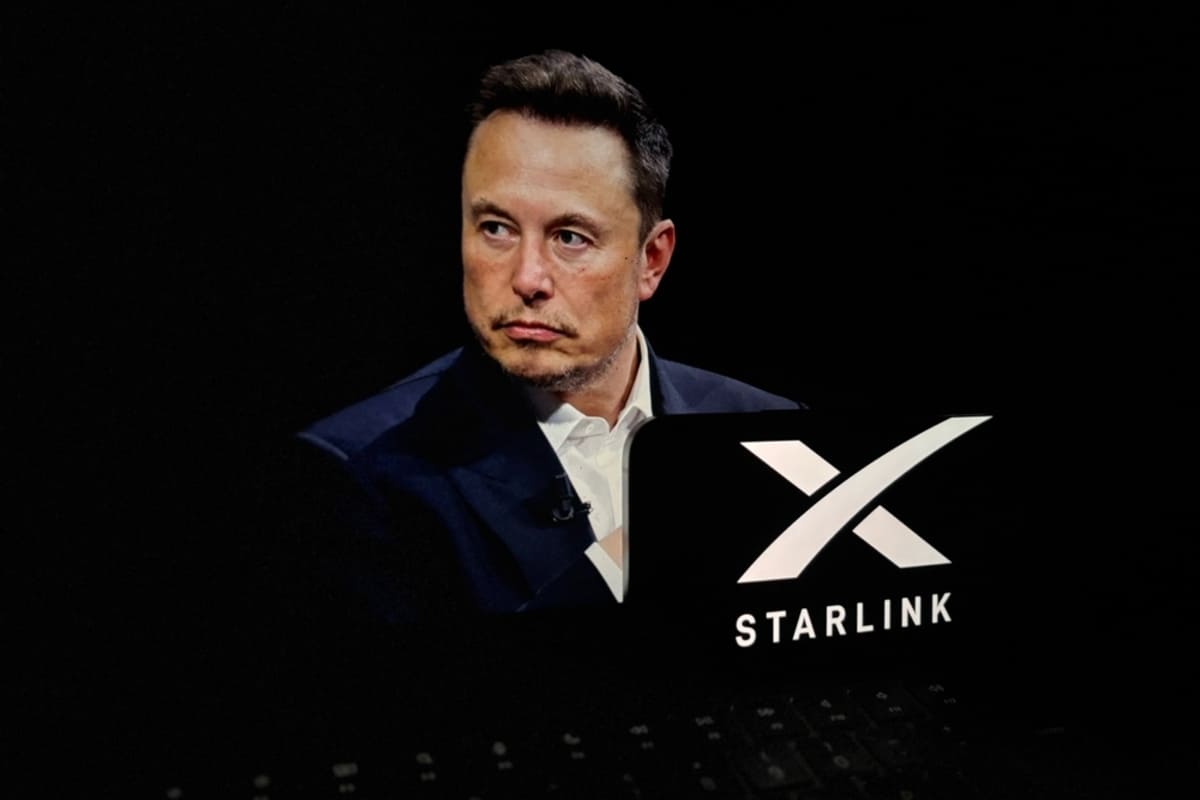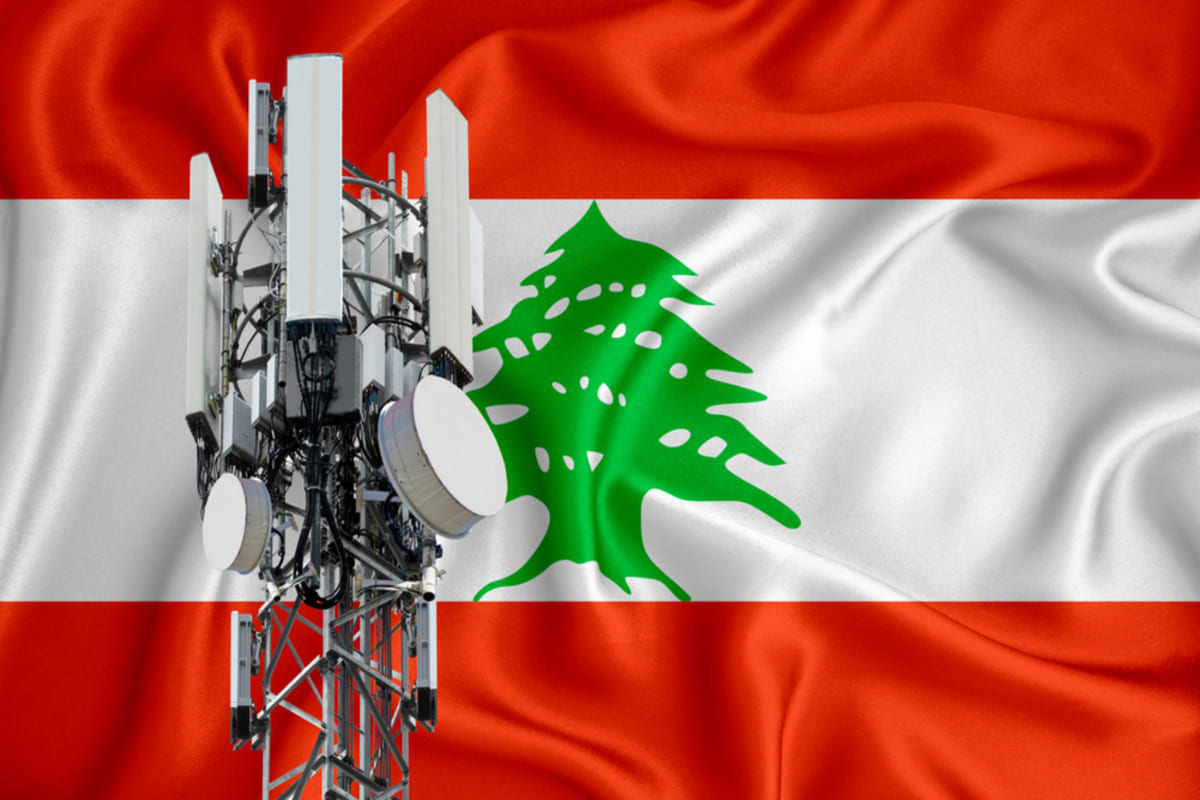Starlink Lebanon to provide business-focused internet plans starting at $100 monthly with satellite technology
Lebanon’s cabinet approved a license for Elon Musk’s Starlink, the satellite internet service operated by SpaceX, to provide internet distribution services across the entire country. This marks a significant development for Lebanon’s internet infrastructure amid longstanding challenges of slow speeds and unstable connectivity.
Starlink, founded by billionaire Elon Musk, has rapidly expanded worldwide by offering satellite-based internet as an alternative to traditional telecom networks. Lebanon, known for some of the slowest internet speeds globally, has historically had its internet access tightly controlled by state-run providers and their partners who opposed granting such licenses. After approximately six months of negotiations, Starlink Lebanon—a local subsidiary formed by SpaceX to manage operations in the country—was awarded the official license.
 (Photo Credit: Lebanese Presidency)Business-focused service with $100 monthly plans
(Photo Credit: Lebanese Presidency)Business-focused service with $100 monthly plans
According to Tony Saad, a spokesperson for Lebanon’s Telecommunications Minister Charles Hage, Starlink’s services will initially be offered exclusively to businesses rather than individuals or households. Subscription packages will start at $100 per month for companies seeking reliable, high-speed internet access. This is poised to benefit a wide range of sectors including commercial enterprises, banking, education, and government institutions.
Moreover, Musk’s engagement with Lebanon’s leadership was a pivotal factor in securing government approval. In June 2025, Musk held discussions with President Joseph Aoun, expressing keen interest in Lebanon’s telecommunications sector and highlighting Starlink’s potential transformative impact. This conversation helped accelerate the licensing process and signaled Starlink’s commitment to improving Lebanon’s digital infrastructure.
Satellite technology as an internet alternative
Starlink operates a constellation of more than 8,000 satellites orbiting around 550 kilometers above Earth. Its satellite-based internet further offers a resilient alternative to traditional fiberoptic and mobile networks, which in Lebanon have often been vulnerable to outages and infrastructure damage. The recent disruption of a key Red Sea fiber cable, which severely slowed internet speeds across parts of the Middle East, underscored the urgent need for alternate connectivity solutions.
Despite challenges such as power cuts that have previously interrupted Starlink’s service in the region, the satellite internet system promises greater coverage and stability. Lebanon’s licensing of Starlink places it among other Middle Eastern countries like Qatar, Oman, Bahrain, and Jordan where the service is already available or expanding.

New era for Lebanese internet services
With Starlink’s entry, Lebanon is poised to break from the status quo of state-controlled internet access. The cabinet’s decision to grant the license—via approval through the state news agency NNA—signals official government support for satellite internet as a means to enhance national connectivity. The move aims to promote digital innovation, economic growth, and improved communication capabilities in a country grappling with infrastructural and economic challenges.
As implementation begins, stakeholders await further details on how Starlink Lebanon will roll out its services and whether residential access will eventually be included. Meanwhile, businesses eager for faster and more reliable internet now have a promising new option backed by one of the world’s leading technology innovators.

